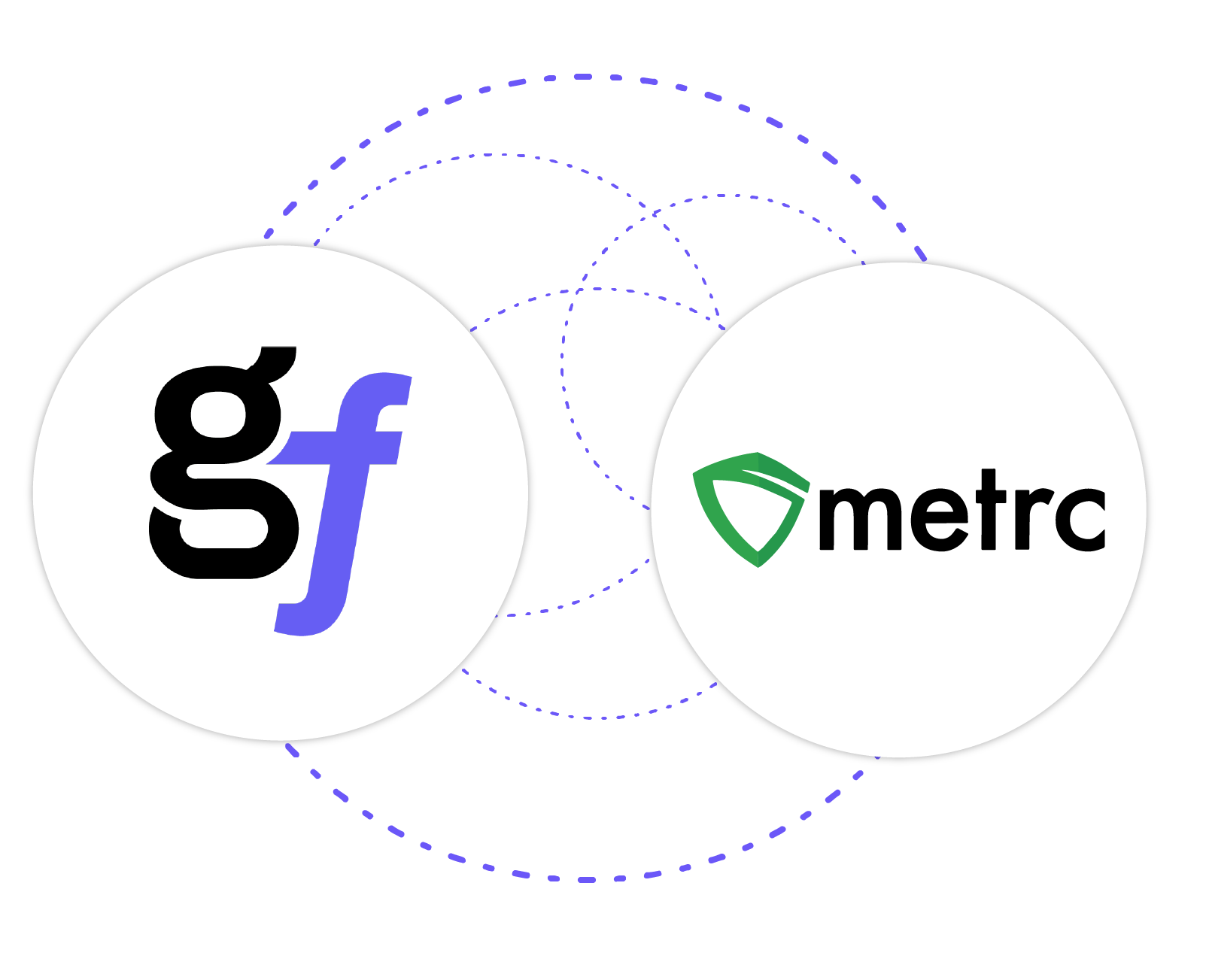Empowering Oklahoma cannabis to grow
GrowFlow is an all-in-one business management and compliance solution for cannabis wholesalers and dispensaries in Oklahoma.
GrowFlow Wholesale is a seed to sale software that tracks all of your grow, production and distribution activities. GrowFlow Retail provides a point of sale solution for your dispensary business.
GrowFlow is METRC certified in Oklahoma and fully integrates with METRC's modern connect 2.0 API to enhance all data reporting.

0
Average hours saved each week
Trusted by over 698 Oklahoma cannabis cultivators, processors, distributors, and retailers
0 million+
Transactions processed
$0 B+
Processed through GrowFlow
I was a programmer for 12 years and I can tell your team REALLY had the customer in mind when building this. It is so easy to use. I really do like GrowFlow
Sparky McGee
Oklahoma Customer
Oklahoma cannabis regulation history
Oklahoma cannabis regulation history
Oklahoma legalized medical cannabis in 2018, leading to a significant increase in demand. As of September 2024, approximately 9.5% of Oklahoma's population holds a medical marijuana card, the highest percentage in the United States.
This substantial patient base has contributed to Oklahoma having more dispensaries per capita than any other state.
However, the state is currently experiencing an oversupply issue, with regulated medical cannabis supply exceeding patient demand by a ratio of 32:1.
In response, the Oklahoma Medical Marijuana Authority (OMMA) has implemented a moratorium on new dispensary, grower, and processor licenses, effective from August 2022 to August 2026, to address market saturation and ensure sustainability.
Additionally, the number of active cannabis licenses in Oklahoma has decreased by 27% between January 2023 and January 2024, reflecting efforts to regulate the market and reduce oversupply.
Compliance in less clicks
Compliance in less clicks
GrowFlow is a METRC system, certified in Oklahoma and integrated to reduce your reporting workload.
GrowFlow Wholesale's seed to sale software provides everything for your grow and production operation's compliance needs.
GrowFlow Retail keeps your dispensary in compliance every step of the way.

Associations & Advocacy Groups
2023: $51,916,562 in excise tax revenue, indicating approximately
$0
million
in Total Sales
December 2024: approximately
0
Licenced Cannabis Businesses
Population of potential customers:
0 million
April 2023: representing about 9.2% of the state's population, for
0
Registered Medical Marijuana Patients
Oklahoma FAQ's
Laws and Regulations
What types of commercial medical cannabis licenses are available in Oklahoma?
Oklahoma offers several types of commercial medical cannabis licenses, including:
- Grower License: Allows businesses to legally cultivate marijuana for medical purposes. Licensed growers can sell to other licensed growers, processors, and dispensaries.
- Processor License:Permits businesses to process marijuana into various medical products. Licensed processors can sell to licensed dispensaries and other processors.
- Dispensary License:Enables businesses to legally sell medical marijuana and related products to licensed patients, caregivers, and other dispensaries.
- Transporter License:Allows for the transportation of medical marijuana and products between licensed businesses.
- Testing Laboratory License:Authorizes facilities to test medical marijuana for safety and compliance.
- Waste Disposal Facility License:Permits the disposal of medical marijuana waste.
- Research License:Grants permission to conduct research involving medical marijuana.
- Education License:Authorizes the provision of training and education related to medical marijuana.
Which state agency is in charge of cannabis licensing in Oklahoma?
The Oklahoma Medical Marijuana Authority (OMMA) is responsible for reviewing and approving cannabis licenses. OMMA also ensures that businesses are compliant with state cannabis laws, including security, tracking and product safety. Once a license is granted, it must be registered with the Oklahoma Bureau of Narcotics and Dangerous Drugs Control (OBNDD).
So what do I do with the OBNDD versus the OMMA?
The Oklahoma Bureau of Narcotics and Dangerous Drugs Control (OBNDD) regulates all controlled substances, including medical marijuana, to prevent illegal drug activity. After you receive your OMMA business license, you must register with the OBNDD before you can legally handle cannabis.
How much does a cannabis business license cost in Oklahoma?
Application fees vary by license type and scale of operation:
- Grower License:Fees are tiered based on the size of the cultivation area. For example, an outdoor grow operation up to 2.5 acres has an application fee of $2,500, while larger operations have higher fees.
- Processor License:Fees are determined by the amount of biomass or concentrate handled annually, ranging from $2,500 to $20,000.
- Dispensary License:The application fee is calculated as 10% of the sum of one year of the dispensary’s combined annual state sales tax and state excise tax, with a minimum fee of $2,500 and a maximum of $10,000.
How do I apply for a cannabis business license in Oklahoma?
To apply for a cannabis business license:
- Prepare Documentation:Gather necessary documents, including proof of Oklahoma residency, identification, business registration, and a Certificate of Compliance from the local jurisdiction.
- Meet Residency Requirements:Ensure that 75% of the ownership interests are held by Oklahoma residents, with proof of residency for at least two years immediately preceding the application, or five continuous years of the last 25 years.
- Submit Application:Complete the application through the OMMA online portal, including all required documentation and fees.
- Background Checks:Owners and officers must pass a background check.
OMMA processes applications within 90 business days. For detailed information, visit the OMMA website.
How are license renewals handled in Oklahoma?
Both OMMA and OBNDD require annual renewals.
You can apply to renew your OMMA license up to 60 days before it expires. Log into the OMMA licensing portal, select the renewal application, and update any required information. Include any required documents, and pay the fees, which vary based on your type of business.
Your OBNDD registration renewal is based on the date of your initial registration. Log into your account on the OBNDD website, complete the renewal form, include required documents (such as your active OMMA license), and pay your fees.
Are there any moratoriums on new cannabis business licenses in Oklahoma?
Yes, a moratorium on issuing new grower, processor, and dispensary licenses began on August 1, 2022, and is set to end on August 1, 2026, unless OMMA's Executive Director determines that all pending licensing reviews, inspections, or investigations are complete. This moratorium does not affect current licensees, who can apply for renewal.
What are the fines and penalties for cannabis businesses that are out of compliance?
Cannabis businesses are required to submit a Commercial Licensee Monthly Report monthly. Failure to comply can result in fines and penalties.
What does the new pre-packaging law (House Bill 3361) mean for dispensary inventory practices?
Beginning June 1, 2025, dispensaries must only accept and sell medical marijuana and related products (excluding concentrates) that are pre-packaged in amounts ranging from 0.5 grams to 3 ounces. These products must be packaged by licensed growers or processors prior to arriving at the dispensary.
Dispensaries can still sell deli-style inventory (non pre-packaged flower) only if it was received before June 1, 2025, and only until that inventory is depleted.
What are growers and processors required to do under the new pre-packaging law?
Starting June 1, 2025, growers and processors must ensure that all medical marijuana flower-based products - including flower, trim, shake, kief, and other non-concentrate products - are sold to dispensaries in pre-packaged units ranging from 0.5 grams to 3 ounces. Packaging must meet all state labeling and compliance requirements. Growers and processors must ensure products are tamper-evident and compliant upon delivery.
Is METRC the state-used traceability system in Oklahoma? Are there training requirements to use it?
OMMA uses METRC as its statewide seed to sale inventory tracking system. The owner or key administrator of each commercial license is required to take METRC training in order to become credentialed. Optional advanced METRC training courses are available.
How does GrowFlow keep my cannabis business in Oklahoma compliant?
GrowFlow seed to sale software ensures that every action performed by your operation is delivering all reporting that is required by the state. GrowFlow helps to keep your business compliant by reducing errors, simplifying your processes, and integrating with the state METRC system.
Please note that cannabis laws and regulations are subject to change. For the most current information, consult the Oklahoma Medical Marijuana Authority (OMMA) website or legal counsel.
How do I get started with GrowFlow?
Book a demo today with our friendly team. We'll show you exactly how GrowFlow will make your life easier and how to get started.
What software does GrowFlow integrate with?
GrowFlow integrates with Metrc, springbig, Jane, GreenScreens, Quickbooks, and many more. We’re continuously building integration partnerships to help you supercharge your cannabis operation or dispensary. You can check out the full list of GrowFlow integrations here.
Last updated June 20, 2025
Your trusted partner in growth
No matter what you need along your path to growing your cannabis business, we’ve got your back. Schedule a demo with one of our helpful team members today, and we’ll have you up and running in no time.